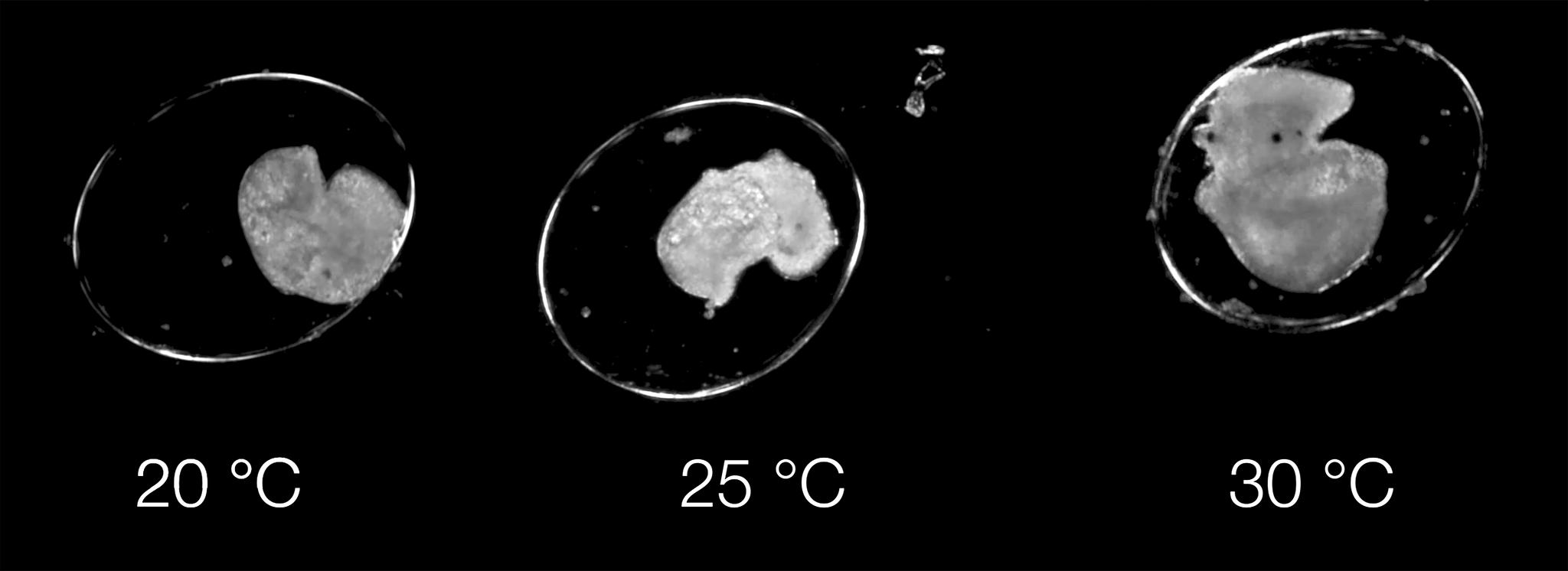THE LATEST
Deep learning model sparks optimism for the assessment of embryo development

Researchers at the University of Plymouth in England have developed a new deep-learning model that can identify the occurrence and timing of key functional developmental events during embryonic development from video footage. The study, published in the Journal of Experimental Biology, has highlighted the significant potential of the model, known as Dev-ResNet, in transforming the field of embryo research and enabling accurate and reliable measurement of its development.
Revolutionizing Embryo Research
The Dev-ResNet model represents a significant breakthrough in the field of embryo research, an area scientists have struggled with for centuries due to the challenges of delineating developmental events. This new AI model, designed, trained, and tested by Ziad Ibbini, a PhD candidate at the University of Plymouth, can detect developmental events, such as heart function, crawling, hatching, and even death, in pond snails accurately.
A crucial feature of this study is the use of a 3D model that enables the AI model to learn from changes between video frames, rather than the traditional still images, making it highly efficient and reliable. In pond snail embryos, Dev-ResNet has even revealed the sensitivities of different features to a temperature that was never known previously.
Expanding the Applicability of Dev-ResNet
Although used during this study for pond snail embryos, the researchers have confirmed that Dev-ResNet has vast applicability across all species. Moreover, they have provided extensive documentation and scripts necessary for applying Dev-ResNet in various biological systems, opening up new possibilities for research in the field.
This AI-powered deep learning model could eventually lead to a deeper understanding of how climate change and other external factors affect animals and humans during their early development stages, enabling us to protect them better. The Dev-ResNet model represents a game-changer in the field, equipping the scientific community with the necessary tools to better understand species' development.
An Exciting Milestone in Research
This research represents a significant milestone in advancing our understanding of organismal development and is a testament to the expertise and passion of the University of Plymouth's research team, including combining Ecophysiology and Development research groups with software development expertise. The model's development has been made possible by using deep learning techniques, which hold immense potential for furthering the study of animal development.
With Dev-ResNet, the possibilities are endless, offering hope for developing more effective treatments and preventive measures for a range of illnesses. Despite the need for the right kind of training data to train the deep learning model, this research marks an enormous leap forward in advancing how we perceive and study organismal development.
The new AI-powered Dev-ResNet model has brought hope of bringing researchers closer to the dream of accurately and reliably measuring developmental events. It represents a transformative breakthrough that has captured the imagination and excitement of the scientific community.
